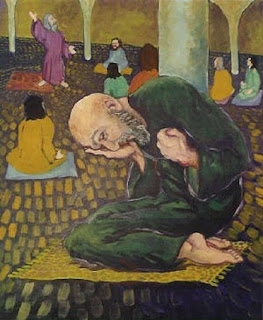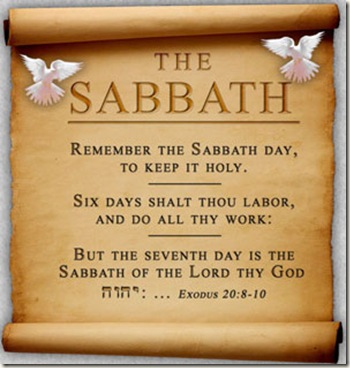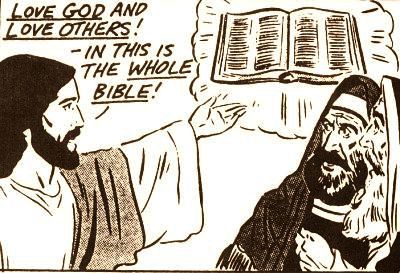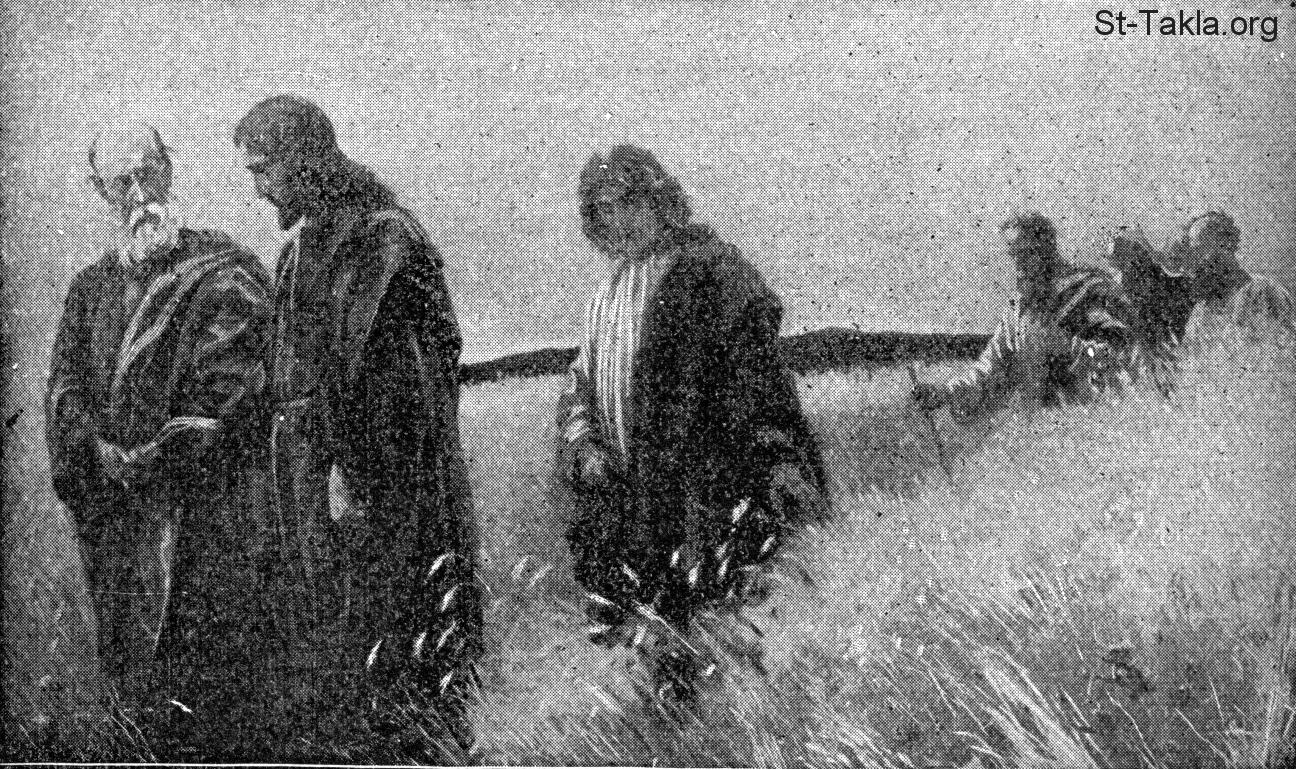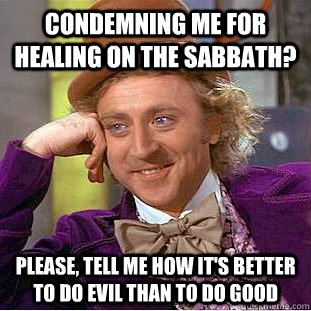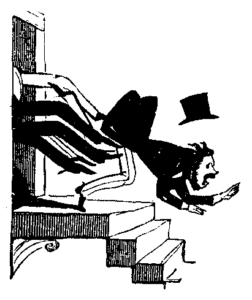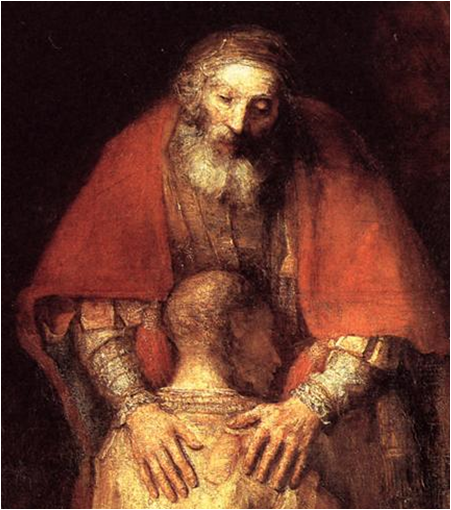The time is fulfilled,
and the kingdom of God is at hand; repent and believe in the gospel. Mark 1:15
Do you suppose that
those eighteen on whom the tower in Siloam fell and killed them were worse
culprits than all the men who live in Jerusalem? I tell you, no, but unless you
repent, you will all likewise perish.
Luke 13:4-5
Whoever causes one of
these little ones who believe in Me to stumble, it would be better for him to
have a heavy millstone hung around his neck, and to be drowned in the depth of
the sea. Woe to the world because of its stumbling blocks! For it is inevitable
that stumbling blocks come; but woe to that man through whom the stumbling
block comes! If your hand or your foot causes you to stumble, cut it off and
throw it from you; it is better for you to enter life crippled or lame, than to
have two hands or two feet and be cast into the eternal fire. If your eye
causes you to stumble, pluck it out and throw it from you. It is better for you
to enter life with one eye, than to have two eyes and be cast into the fiery
hell.
Matthew 18:6-9
A ruler questioned Him,
saying, "Good Teacher, what shall I do to inherit eternal life?" And Jesus said to him, "Why do you call
Me good? No one is good except God alone. You know the commandments, 'Do not
commit adultery, do not murder, do not steal, do not bear false witness, honor
your father and mother.'" And he said, "All these things I have kept
from my youth." When Jesus heard this, He said to him, "One thing you
still lack; sell all that you possess and distribute it to the poor, and you
shall have treasure in heaven; and come, follow Me."
Luke 18:18-22
That which proceeds out
of the man, that is what defiles the man. For from within, out of the heart of
men, proceed the evil thoughts, fornications, thefts, murders, adulteries,
deeds of coveting and wickedness, as well as deceit, sensuality, envy, slander,
pride and foolishness. All these evil things proceed from within and defile the
man.
Mark 7:20-23
I say to you, any
sin and blasphemy shall be forgiven people, but blasphemy against the Spirit
shall not be forgiven. Whoever speaks a word against the Son of Man, it shall
be forgiven him; but whoever speaks against the Holy Spirit, it shall not be
forgiven him, either in this age or in the age to come. Either make the tree
good and its fruit good, or make the tree bad and its fruit bad; for the tree
is known by its fruit. You brood of vipers, how can you, being evil, speak what
is good? For the mouth speaks out of that which fills the heart. The good man
brings out of his good treasure what is good; and the evil man brings out of
his evil treasure what is evil. But I tell you that every careless word that
people speak, they shall give an accounting for it in the day of judgment. For
by your words you will be justified, and by your words you will be condemned.
Matthew 12:31-37
Two men went up into
the temple to pray, one a Pharisee and the other a tax collector. The Pharisee
stood and was praying this to himself: 'God, I thank You that I am not like
other people: swindlers, unjust, adulterers, or even like this tax collector.
'I fast twice a week; I pay tithes of all that I get.' But the tax collector,
standing some distance away, was even unwilling to lift up his eyes to heaven,
but was beating his breast, saying, 'God, be merciful to me, the sinner!' I
tell you, this man went to his house justified rather than the other; for
everyone who exalts himself will be humbled, but he who humbles himself will be
exalted.
Luke 18:10-14
Unless your righteousness
surpasses that of the scribes and Pharisees, you will not enter the kingdom of
heaven.
Matthew 5:20
But woe to you, scribes
and Pharisees, hypocrites, because you shut off the kingdom of heaven from
people; for you do not enter in yourselves, nor do you allow those who are
entering to go in. Woe to you, scribes and Pharisees, hypocrites, because you
devour widows' houses, and for a pretense you make long prayers; therefore you
will receive greater condemnation.
Matthew 23:13-14
If you were blind, you
would have no sin; but since you say, 'We see,' your sin remains.
John 9:41
Not everyone who says
to Me, 'Lord, Lord,' will enter the kingdom of heaven, but he who does the will
of My Father who is in heaven will enter.
Matthew 7:21
Truly, truly, I say to
you, everyone who commits sin is the slave of sin. The
slave does not remain in the house forever; the son does remain forever. So if the Son makes you free, you will be free
indeed.
John 8:34-36


